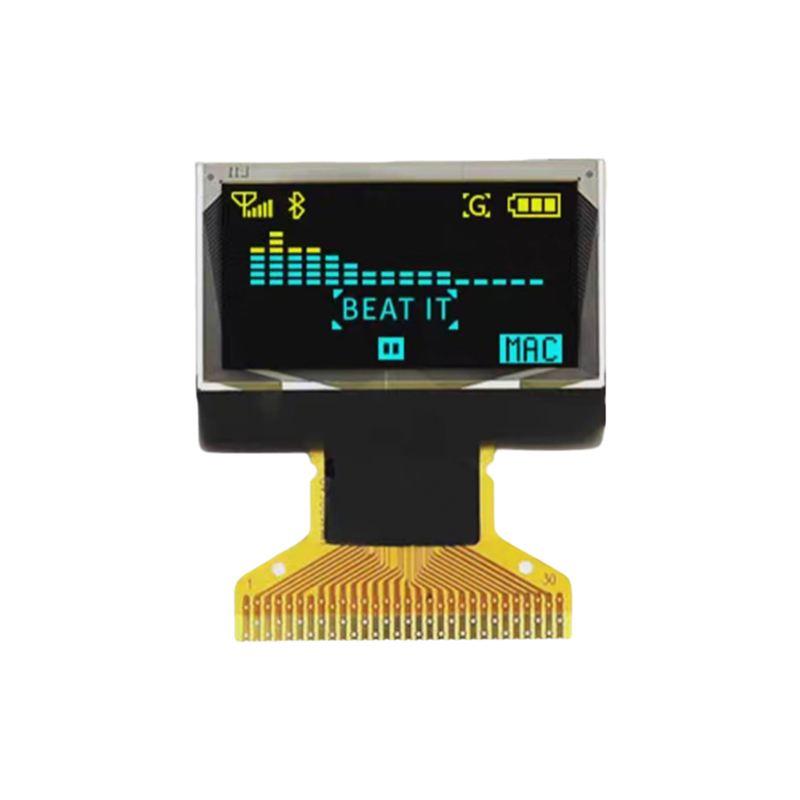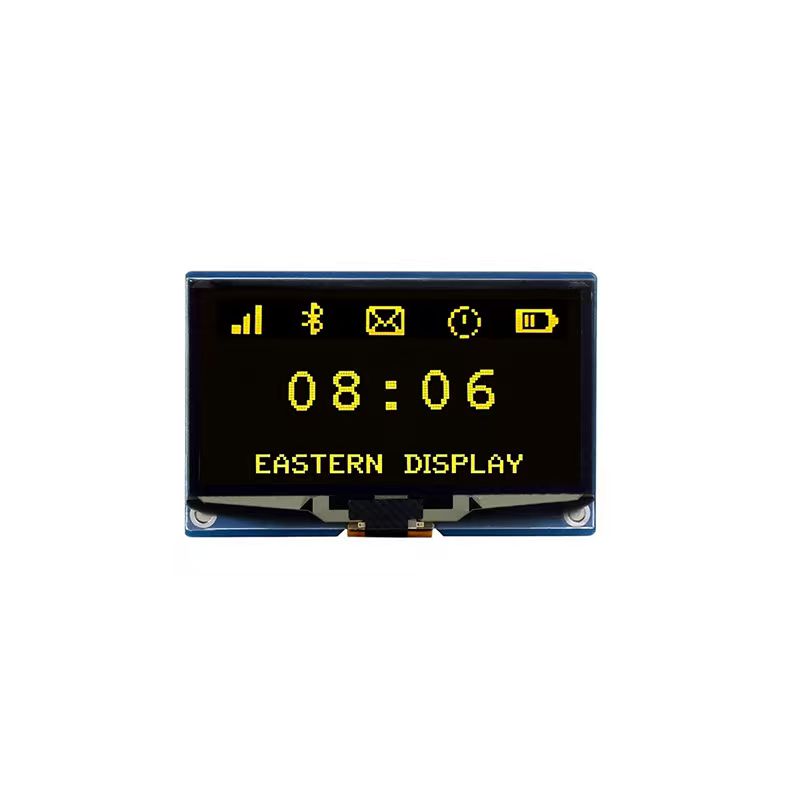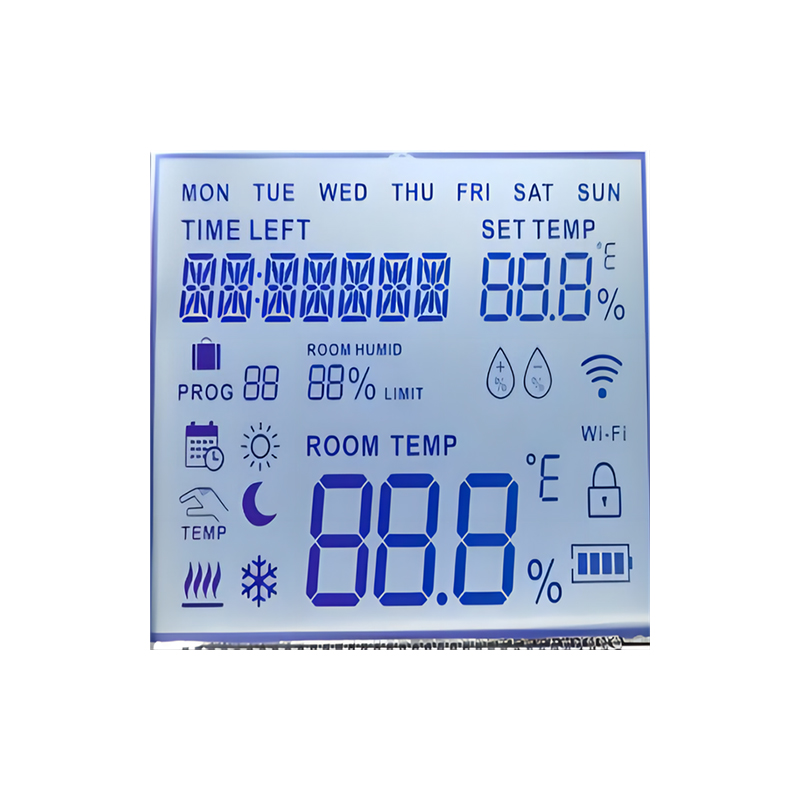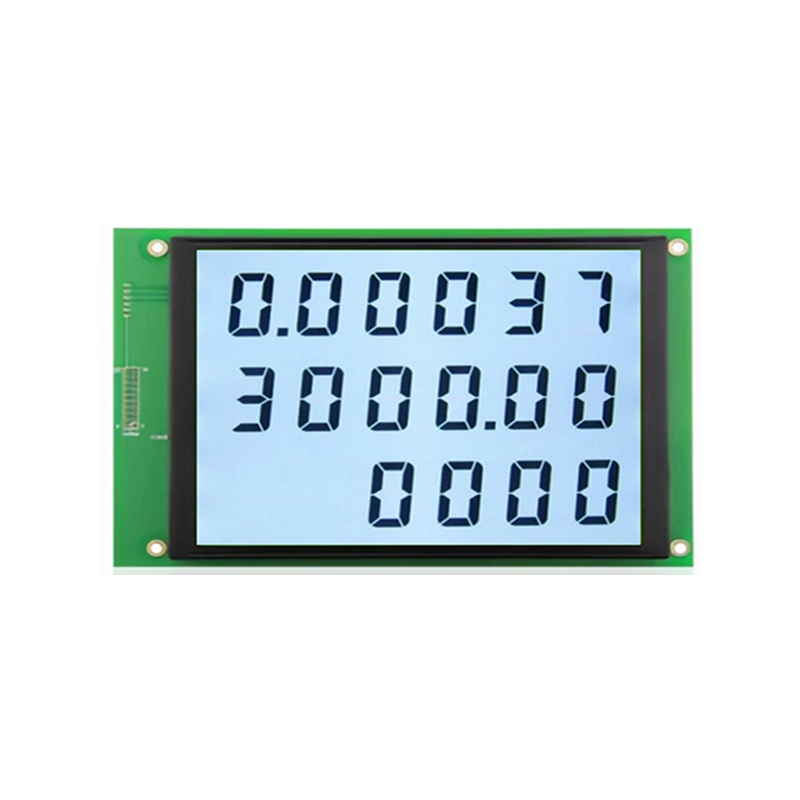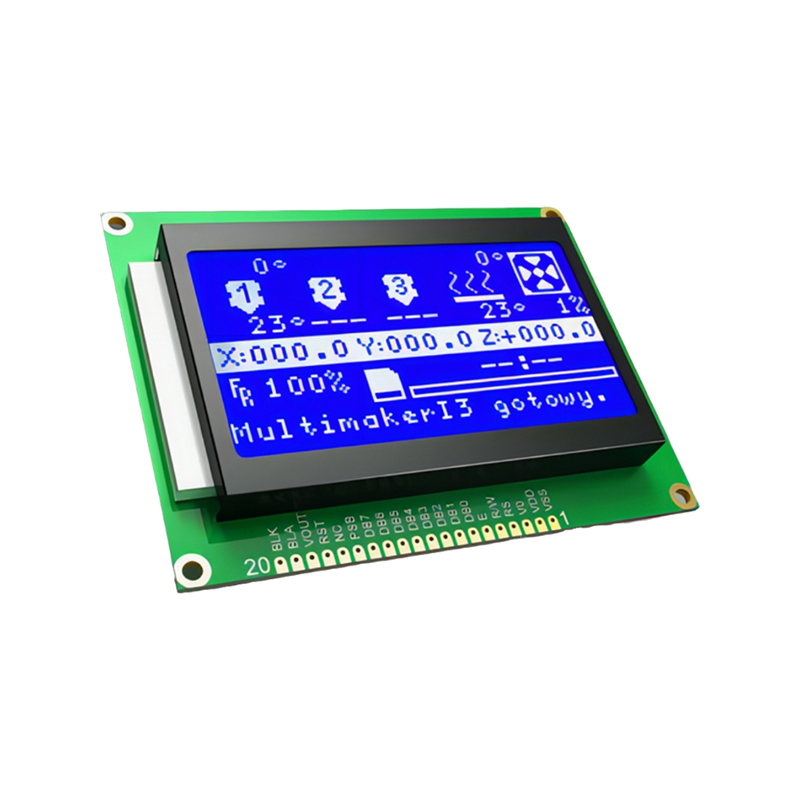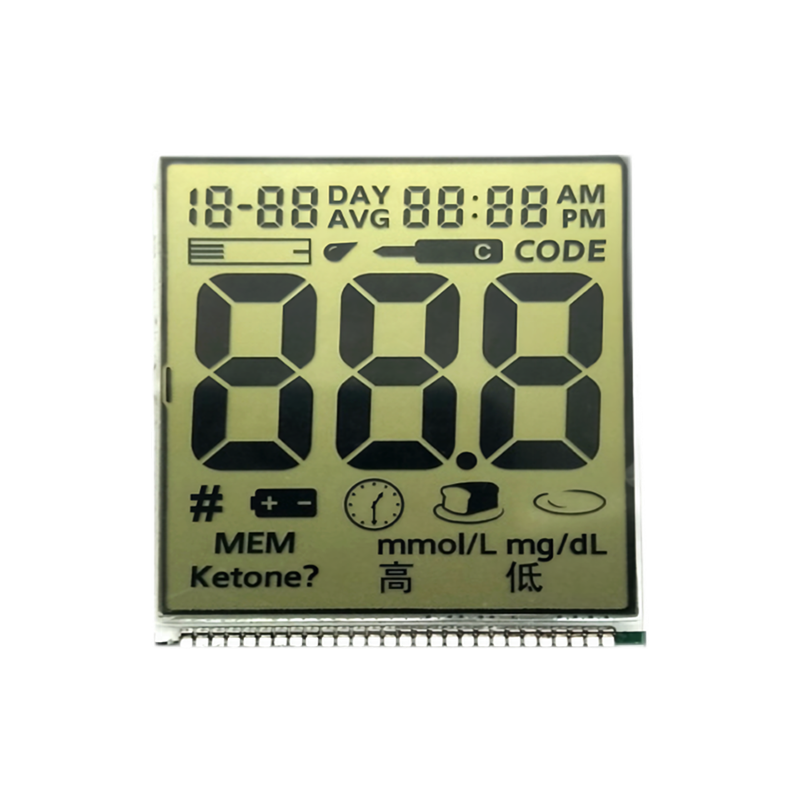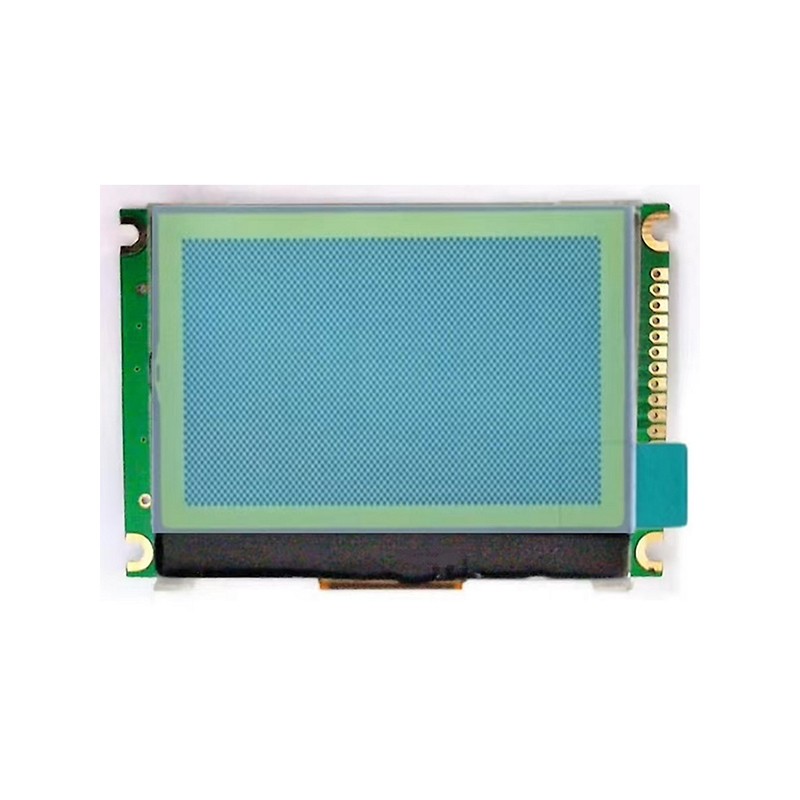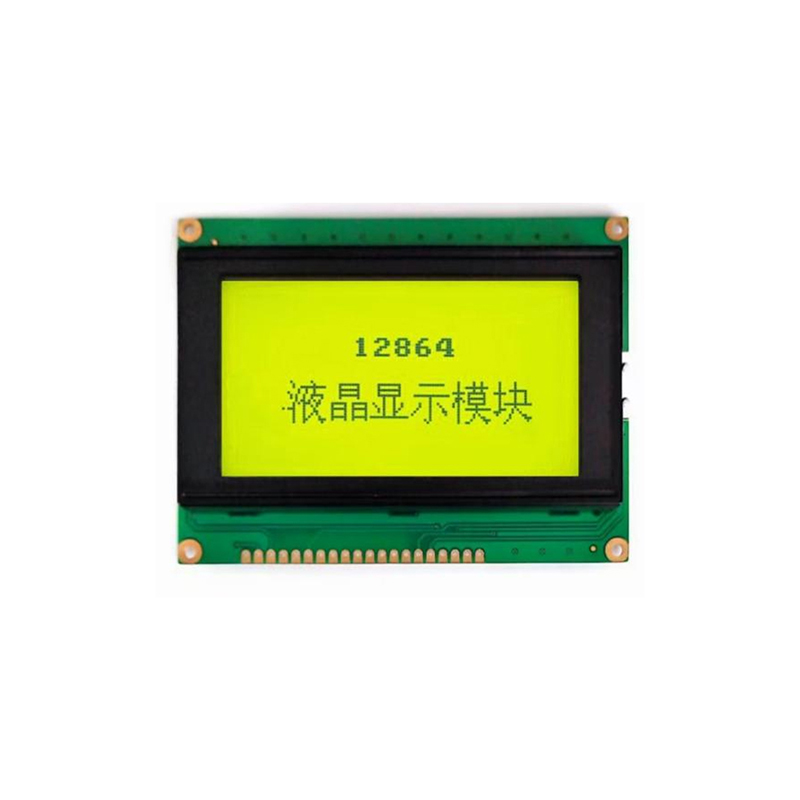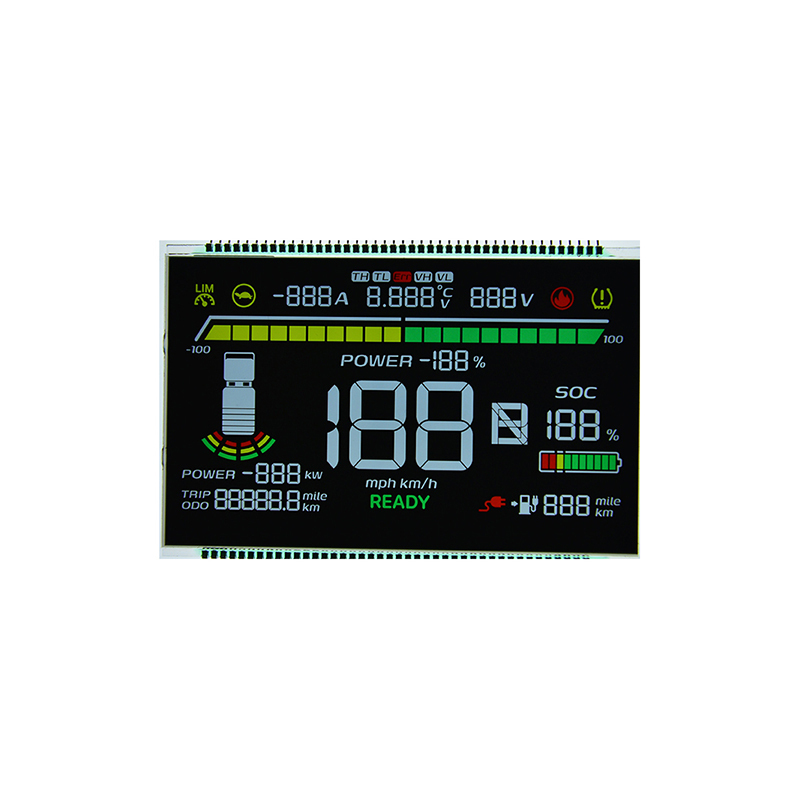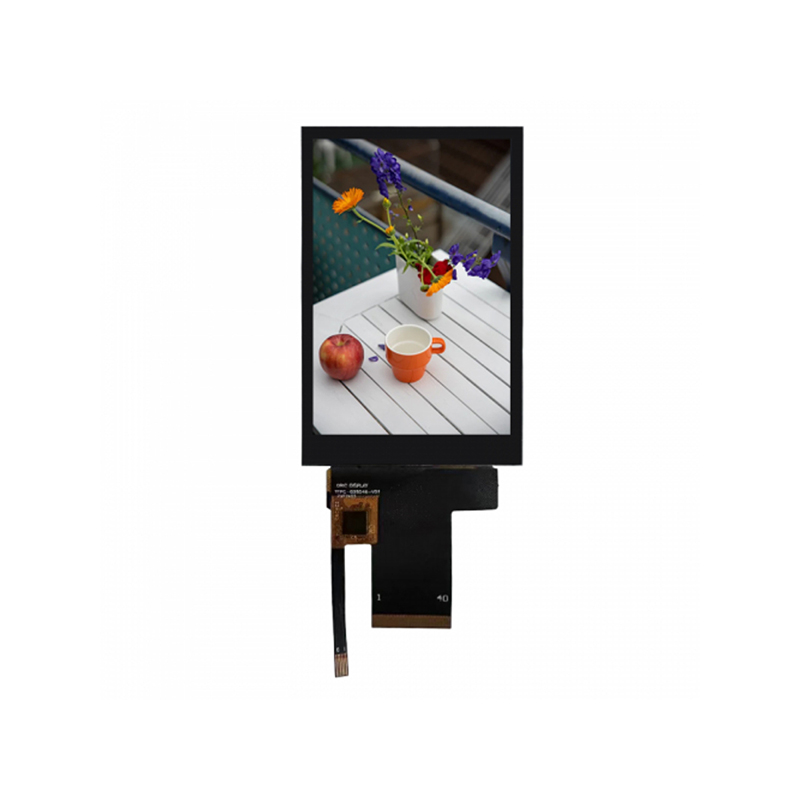
Finding the right 2 TFT display can be challenging with so many options available. This guide cuts through the noise, providing a comprehensive overview of the key features to consider and highlighting some of the best displays on the market. Whether you're an engineer working on a new embedded system, a hobbyist building a custom project, or simply need a high-quality display for a specific application, this guide is designed to help you make an informed decision.
Before diving into specific product recommendations, it's crucial to understand the key factors that differentiate 2 TFT displays. These factors will significantly impact the performance and suitability of the display for your project.
Resolution determines the sharpness and clarity of the image. Higher resolutions (measured in pixels, e.g., 320x240, 480x320) result in sharper text and images. Consider the level of detail required for your application. For simple displays, a lower resolution might suffice, while applications requiring detailed graphics or text will benefit from a higher resolution.
Measured in cd/m2 (candela per square meter), brightness affects the visibility of the display in different lighting conditions. Brighter displays are more visible in direct sunlight, while lower brightness might be sufficient for indoor use. Consider the environment where the display will be used.
The interface dictates how the display communicates with your system. Common interfaces include SPI, I2C, and parallel interfaces. Choosing the right interface depends on the capabilities of your microcontroller or other controlling device. Some interfaces offer higher data transfer speeds and simpler implementations than others. Check your controller's specifications for compatibility.
The viewing angle refers to the range of angles from which the display can be viewed without significant color distortion or loss of contrast. Wider viewing angles are generally preferred for applications where the display might be viewed from different positions.
Especially critical for battery-powered devices, low power consumption is desirable. Check the specifications for typical current draw to ensure it meets your power budget.
While specific product availability changes rapidly, here are some general characteristics to look for when researching your options. Always check the latest specifications and reviews before purchasing.
| Manufacturer | Model | Resolution | Brightness (cd/m2) | Interface | Features |
|---|---|---|---|---|---|
| Example Manufacturer A | Example Model 1 | 320x240 | 300 | SPI | Wide Viewing Angle, Low Power |
| Example Manufacturer B | Example Model 2 | 480x320 | 400 | I2C | High Brightness, Touchscreen Option |
Remember to check the datasheets and reviews of specific models from reputable manufacturers to ensure they meet your exact requirements. For high-volume needs or custom specifications, consider contacting a display manufacturer directly, such as Dalian Eastern Display Co., Ltd., a leading provider of LCD and TFT solutions. They can offer tailored solutions and support for your specific application.
Selecting the best 2 TFT display involves careful consideration of various factors, including resolution, brightness, interface, viewing angle, and power consumption. By understanding these factors and exploring available options, you can find the perfect display to meet your project's needs. Remember to always check reviews and compare specifications from multiple manufacturers before making a purchase.

